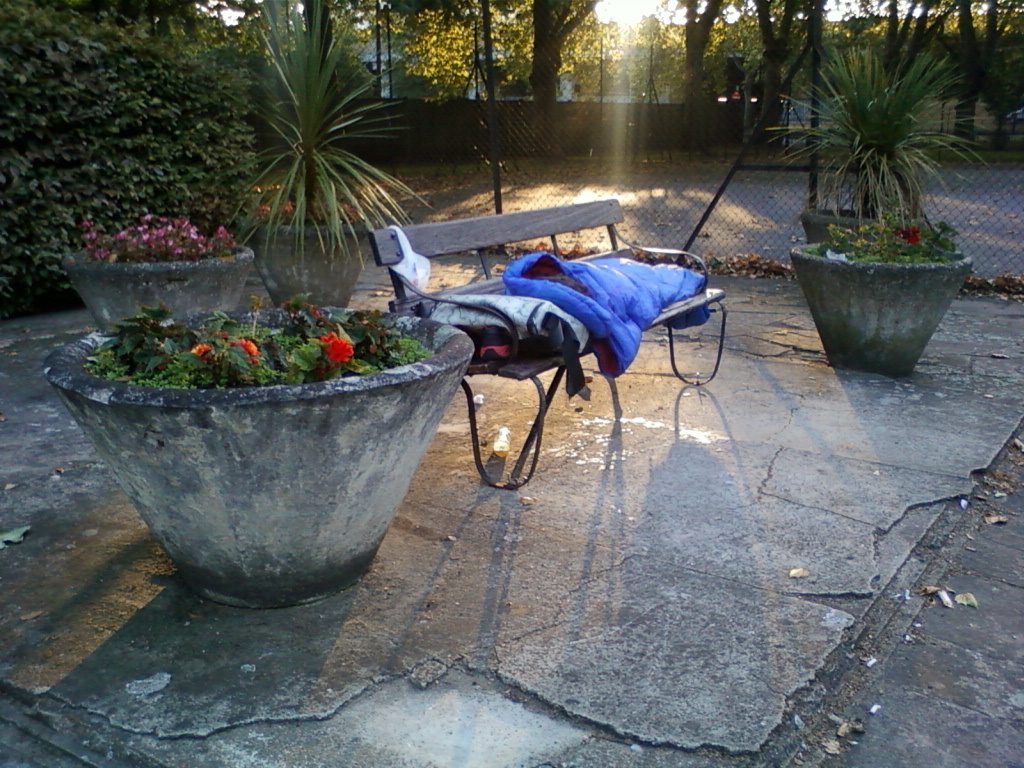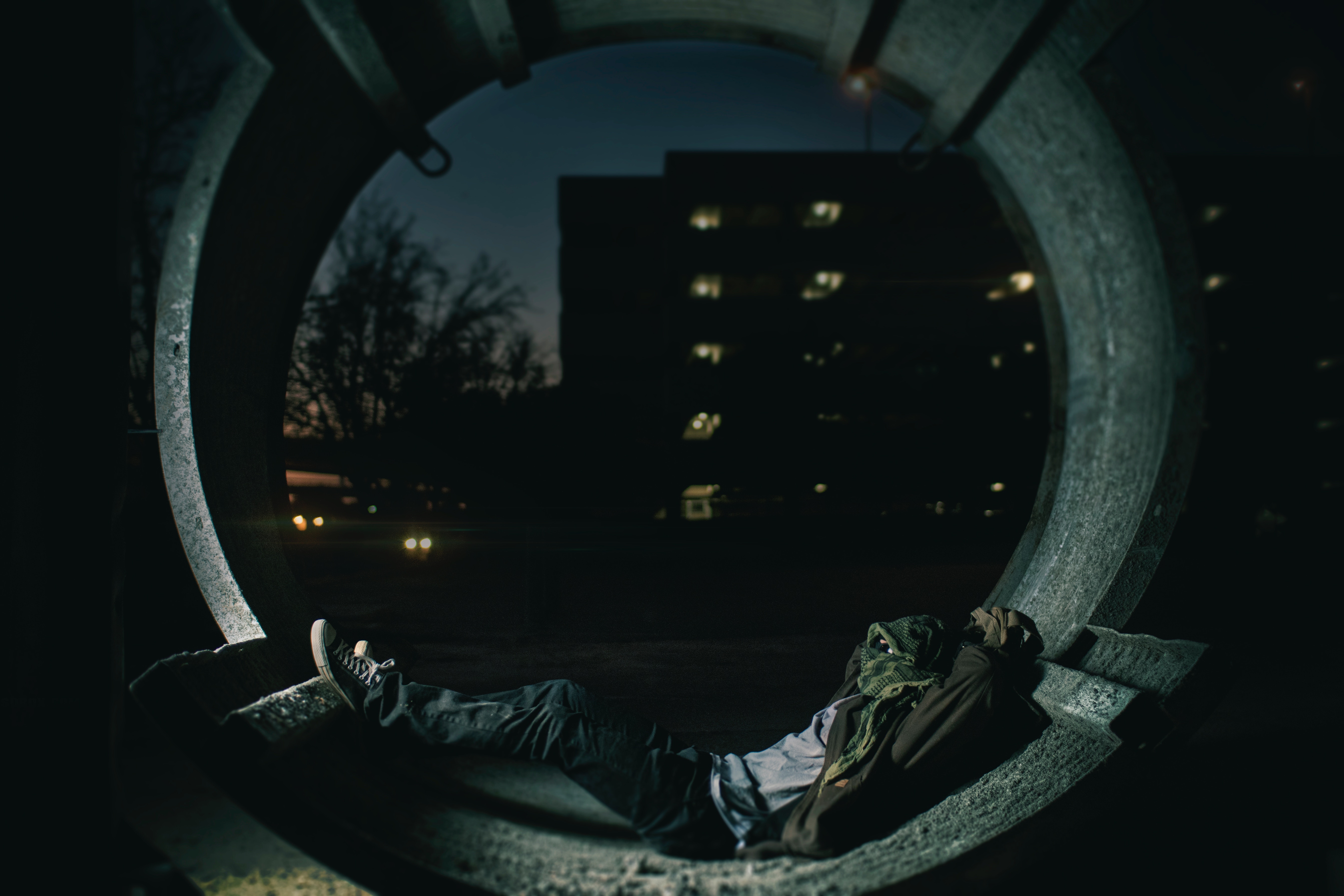Homeless European’s surviving on the streets of Britain are at risk of deportation, and they could be completely unaware.
A report published by leading homeless charities Crisis and Homeless Link has found that when the UK leaves the European Union, homeless EU citizens could face deportation as they may be unable to apply for settled status.
“Anyone who isn’t able to regularise their status by the deadline…could be thrown into detention or face deportation,” said Zoe Gardner, a policy advisor at the Joint Council for the Welfare of Immigrants.
What Is Settled Status?
 Credit: Max Pixel
Credit: Max Pixel
Any European person who arrived in the UK to live before March 29 will have to apply to the government’s EU Settlement Scheme in order to stay living in the country. the scheme aims to protect the rights of EU citizens.
Those who’ve been in the UK for at least five years will be granted “settled” status, while those living in the UK for less than five years can get “pre-settled” status.
Whatever happens with Brexit, it’s going to be a real challenge for homelessness.
Matthew Oakley, WPI Economics report author
The report believes that homeless Europeans might miss out on applying to the scheme, which closes on June 30 2021.
Restricted access to the internet and not having the correct documents, which include proof of identity and residence, may prevent a homeless person from applying.
If they miss the deadline, they will be unable to access healthcare, pensions and benefits.
Homeless In Britain
 Credit: Blodeuwedd/Flickr
Credit: Blodeuwedd/Flickr
The government roughly estimates that about 1,000 EU nationals are homeless living in the UK. That’s thought to be one in five of the homeless population.
However, charities believe the number could be much higher when the number of “hidden” homeless people who may be sofa surfing or living in temporary housing is considered.
Anyone who isn’t able to regularise their status by the deadline…could be thrown into detention or face deportation.
Zoe Gardner, Joint Council for the Welfare of Immigrants
The homeless population in the UK is continuing to grow despite constant injections of cash by MPs in an attempt to solve the crisis.
The lack of hard figures on homelessness in the UK makes it an increasingly difficult issue to tackle, but without meaningful action, wider human rights may be jeopardised.
Deportation And Human Rights
 Credit: Ggia / Wikimedia Commons
Credit: Ggia / Wikimedia Commons
If an EU citizen is unable to apply for settled status, then they may face deportation or detention. This would contradict a 2017 law that was passed to stop the UK from deporting homeless Europeans.
The ruling dictated deportation was an abuse of EU rights but without settled status, homeless Europeans will once again face an uncertain future.
Matthew Oakley, the author of the report, explained that “whatever happens with Brexit, it’s going to be a real challenge for homelessness.”
Even if unintentional, the need to apply for settled status could be seen as another hoop set up by the hostile environment policy introduced under Theresa May.
The story of the EU homeless in the UK is one that should be a national scandal.
Robin Burgess, Hope Centre
The policy alienates immigrants living in the UK and puts a duty on civil society with landlords, employers, charities and public servants, including NHS employees and the police force, to report individuals suspected of being in the UK without leave to remain to the Home Office.
Robin Burgess, chief executive of Hope Centre, an English homelessness charity, described EU homelessness as a UK failure and said deportations were bound to happen following Brexit.
“The story of the EU homeless in the UK is one that should be a national scandal,” Burgess said. “No doubt in a hardline post-Brexit world, deportations will follow. We know that fear of deportation made some EU migrants avoid coming to services, with the result they did not get help, and some died.”







